10 Ways to Ace the Pilot Interview
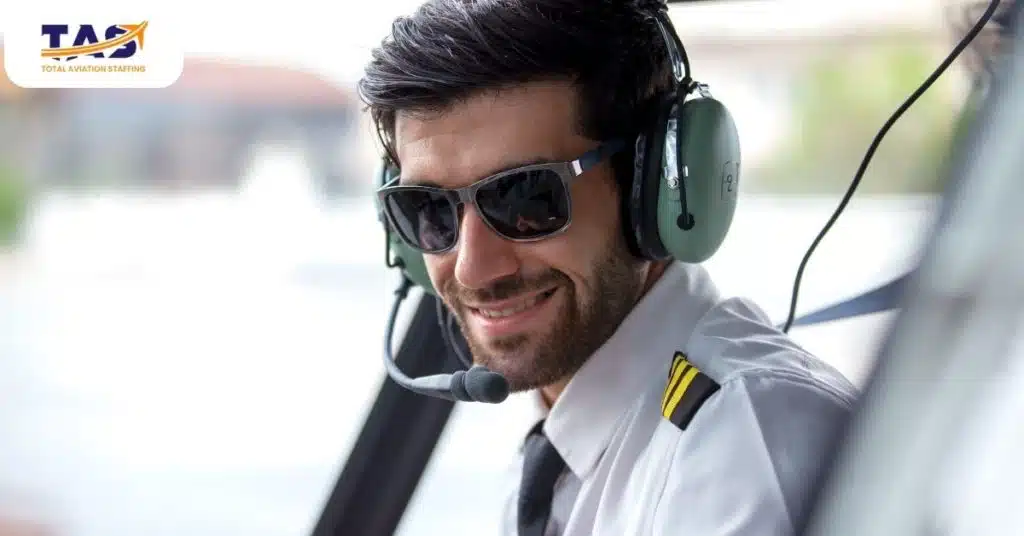
Are you a pilot looking to join the ranks of a major airline? If so, it is important to prepare for the pilot interview. The pilot interview process can be quite rigorous and require knowledge in areas ranging from aviation regulations to aircraft systems. To help make your pilot recruitment journey a success, here are 10 tips on how to ace the pilot interview. From researching the position to practicing pilot communication, these tips can help you stand out and land your dream pilot job. Put them into practice and embark on a journey of pilot recruitment success!
1. Research the Company and the Position You Are Interviewing for Extensively
The pilot interview is your chance to show the airline that you are the right person for the job. To ace the pilot interview, you need to be prepared to answer a wide range of questions about your experience, qualifications, and motivations. But perhaps even more important than what you say is how you say it. Your attitude and approach can be just as important as your answers in determining whether or not you get the job. One of the best ways to make a good impression during the pilot interview is to research the company and position you are interviewing for extensively. This shows that you are genuinely interested in the position and that you have the initiative to find out more about what the job entails. It also demonstrates that you have good research skills, which will come in handy if you are successful in landing the job. By taking the time to research the company and position ahead of time, you can give yourself a real leg up in the pilot interview process.
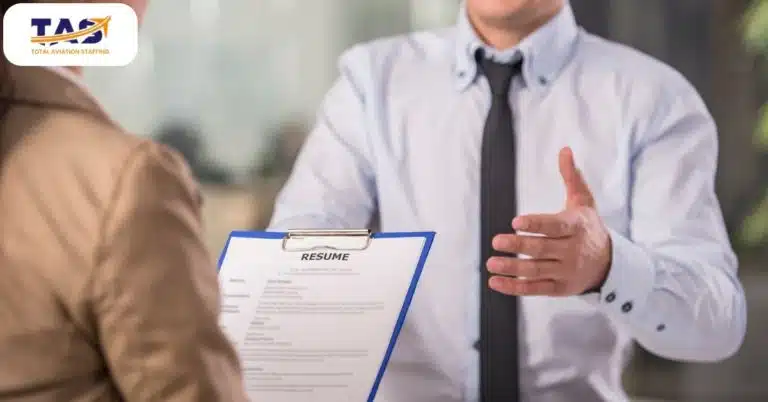
2. Arrive Well-Prepared and on Time for Your Interview
Arriving well-prepared and on time for your pilot interview is essential if you want to make a good impression on the interviewer. Pilot recruiting can be very competitive, so it’s important to demonstrate that you’re serious about the opportunity and that you have the skills and qualifications they’re looking for. Arriving on time shows that you respect the interviewer’s time and that you’re organized and punctual. It’s also important to be well-prepared so that you can answer any questions the interviewer may have and present yourself in the best light possible. By taking the time to prepare and arrive on time, you’ll demonstrate that you’re committed to the process and that you’re the right candidate for the job.

3. Dress Professionally and Conservatively
One of the best ways to ace the pilot interview is to dress professionally and conservatively. Many pilots choose to wear a suit or business casual attire for their interviews. This shows that you are serious about the job and that you can dress appropriately for the role. It is also important to avoid wearing any clothing that could be considered unprofessional or inappropriate. This includes items like tank tops, flip-flops, and shorts. If you are unsure about what to wear, it is always better to err on the side of caution. The last thing you want is for your interviewers to question your judgment or professionalism. By dressing professionally and conservatively, you will show that you are taking the interview process seriously and that you are ready to become a pilot.
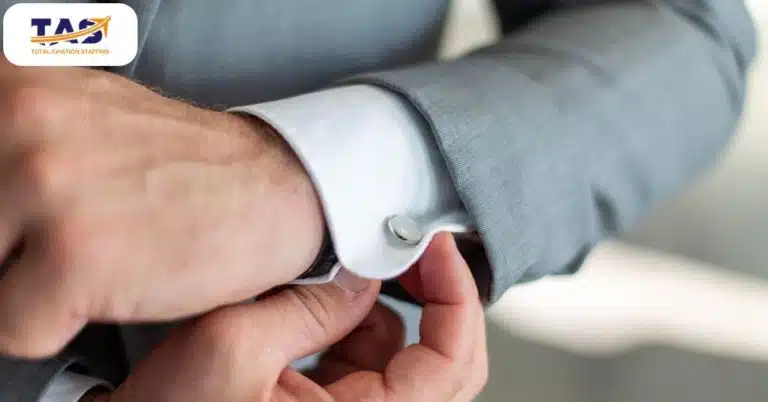
4. Be Aware of Your Nonverbal Communication Cues
One of the most important aspects of acing a pilot interview is being aware of your nonverbal communication cues. Just as much as the words you say, your body language and facial expressions convey messages to the interviewer. It is important to be aware of how you are coming across and to make sure that your nonverbal communication is aligned with the messages you want to send. For example, if you are asked about a time when you had to deal with a difficult situation, maintain eye contact and sit up straight to convey confidence and composure. On the other hand, if you are asked about a mistake you made, avoid crossing your arms or looking down, as this could come across as defensive. Paying attention to your nonverbal communication can help you project the right image, and increase your chances of impressing the interviewer.
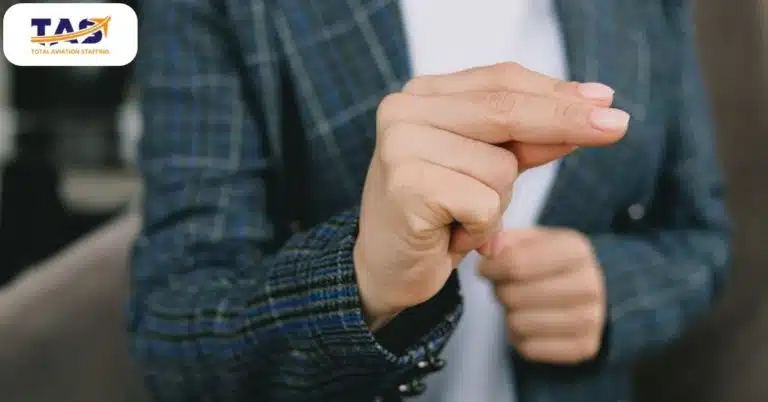
5. Bring a Copy of Your Resume and Pilot Logbook to the Interview
The most important thing you can do to prepare for a pilot interview is to have a copy of your resume and pilot logbook on hand. Your resume should be up-to-date and accurate, and your pilot logbook will serve as a valuable reference point during the interview. The interviewer will likely ask you questions about your flying experience, so it’s important that you’re able to easily refer to specific dates, aircraft types, flight hours, etc. Having this information readily available will help you ace the interview and make a great impression. By following these tips and spending time preparing for pilot interviews, you’ll be able to make a great impression on your interviewer and increase your chances of being hired. With preparation and an understanding of the pilot recruiting process, you can give yourself a real leg up in the competition.
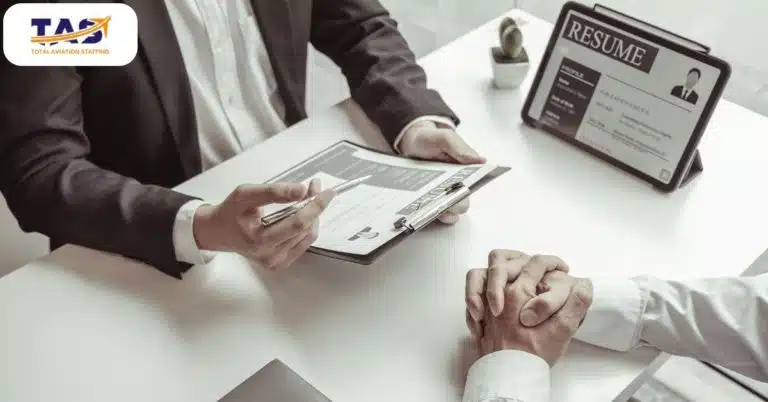
6. Sell Yourself Throughout the Interview Process
Remember when interviewing for a pilot position is to sell yourself throughout the entire process. That means being confident and professional from the moment you walk in the door until the moment you leave. Make sure you dress the part and arrive early to show that you’re serious about the opportunity. During the interview, be sure to highlight your experience and qualifications in a way that demonstrates why you’re the best candidate for the job. And don’t forget to thank your interviewer for their time before you leave. By selling yourself from start to finish, you’ll increase your chances of impressing the hiring manager and landing the job.
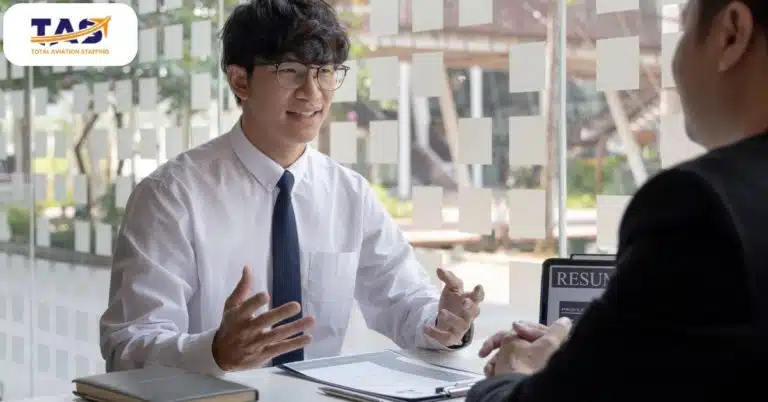
7. Answer Questions Honestly and Succinctly
One way to ace the pilot interview is to answer questions honestly and succinctly. The interviewer wants to get to know you and your experience, so it is important to be forthcoming with information. Be sure to provide relevant details that contribute to your overall qualifications for the position. At the same time, do not ramble on or provide irrelevant information; keep your answers focused and to the point. This will show that you are able to communicate effectively and make a good impression. It is also important to listen carefully to the questions being asked and follow directions. If you are unclear about something, ask for clarification. By being honest, concise, and attentive, you will demonstrate that you have the potential to be a great pilot.
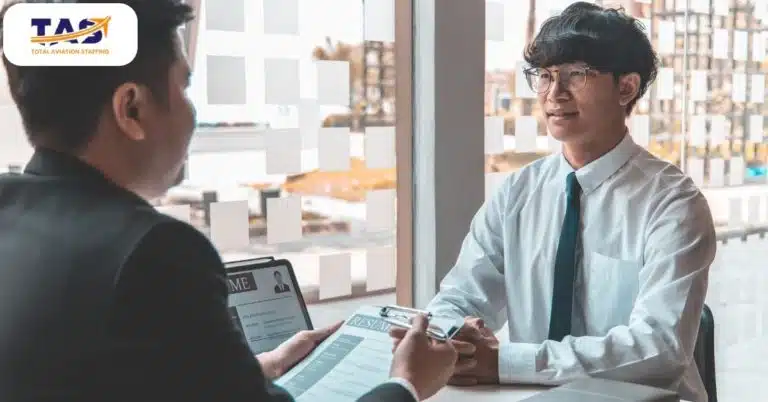
8. Ask Intelligent Questions About the Company and the Position You Are Interviewing For
One of the most important things you can do when interviewing for a pilot position is to ask intelligent questions about the company and the position you are interviewing for. This shows that you have done your research and are genuinely interested in the role. Some good questions to ask include:
What are the biggest challenges the company is facing right now?
What is the company culture like?
What are the requirements for the position I am interviewing for?
What are the potential career paths for someone in this role?
Asking thoughtful questions not only demonstrates your knowledge of the company and the role, but also shows that you are motivated and eager to learn more. This can make a strong impression on the interviewer and help you ace the Pilot interview!

9. Make a Positive Impression on Your Interviewer(s)
Another step to acing the pilot interview is making a positive impression on your interviewer(s). This may seem like a no-brainer, but it’s important to remember that first impressions count. Dress neatly and professionally, speak clearly and confidently, and be sure to make eye contact. It’s also a good idea to be prepared to answer common interview questions, such as why you want to be a pilot, what experience you have, and what you think makes you a good candidate for the job. Demonstrating that you are knowledgeable about the airline industry and have considered carefully why you want to become a pilot will show that you are serious about the role and demonstrate your commitment to the airline. By taking the time to make a positive impression on your interviewer, you’ll be one step closer to acing the pilot interview.

10. Follow Up With a Thank-You Note After Your Interview
Interviews, more often than not, leave applicants feeling a little frazzled. An interview is your chance to show a potential employer that you have the skills and personality to be a great fit for their company. While it’s important to make a good impression during the actual interview, don’t forget to follow up afterward with a thank-you note. This simple act can go a long way in making you stand out from the other candidates. A thank-you note shows that you are grateful for the opportunity to interview and provides one last opportunity to highlight why you would be the perfect person for the job. It also demonstrates that you are polite and professional, two qualities that any employer would appreciate. So don’t let your hard work go to waste-send a thank-you note after your next interview and increase your chances of landing the job.

In conclusion
Overall, pilot recruiting is a competitive process, and acing the pilot interview takes practice. To stand out from the crowd, it’s important to be prepared and focused during your pilot interview. Be sure to research the position and company thoroughly, listen carefully to questions being asked, ask intelligent questions about the role, make a positive impression on your interviewer(s), and follow up with a thank-you note afterward. By taking the time to practice all of these tips, you will greatly increase your odds of successfully acing the pilot interview!
